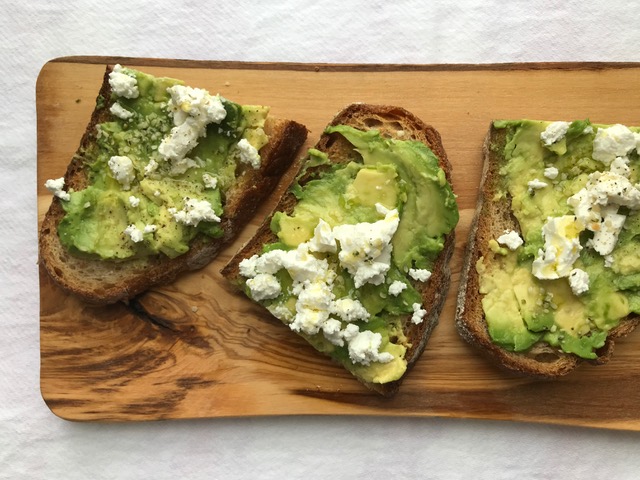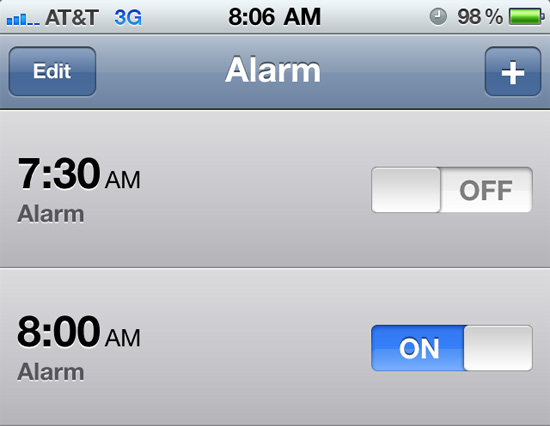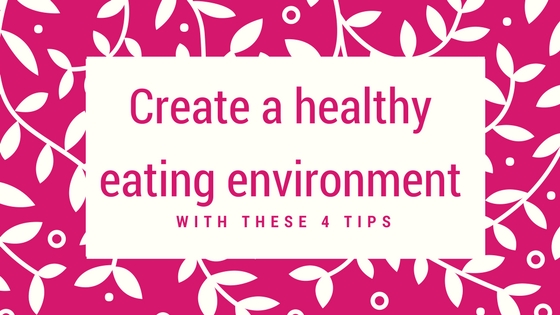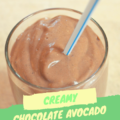What is mindful eating? I’ve personally seen this term thrown around so much on social media so I thought I would share some information on what the term means along with how to develop a healthy relationship with food.
Understanding mindfulness and mindful eating
Let’s start with the term mindfulness, because that’s where the term “mindful eating” actually came from. Mindfulness is a part of DBT (that means Dialectical Behavioural Therapy). The definition says mindfulness is “an awareness of thoughts, feelings, behaviors, and behavioral urges.” By learning mindfulness, we are “empowered to be in charge of ourselves in a different way.” *
Now let’s discuss “mindful eating”. This takes the concept of mindfulness and applies it to eating. Simple right? In theory yes, but in practice not so much. Mindful eating involves paying attention to what you are eating — tasting, seeing and smelling your food. You should eat because you are hungry — and not eat when you are not hungry.
Recognizing mindless or emotional eating
We often find ourselves eating just because we are bored, tired, stressed, anxious. I call that, my friend, “mindless eating” or “emotional eating”. So when I sit down with clients to help them work on their emotional eating struggles for example, I use specific DBT and CBT (that means Cognitive Behavioural Therapy) based strategies to help target these behaviours. When this happens often and it begins to impact your weight and health, it’s important to do something about it. When you engage in these behaviours, you begin to create an unhealthy relationship with food, using food to cope with your emotions as opposed to other non-food strategies. It’s a vicious cycle.
Why you should strive to have a healthy relationship with food
“Food is fuel, food is medicine, food is love”. I read that quote off a menu at a restaurant in Toronto one time and I thought to myself “yes, that’s exactly what I’ve been trying to say all this time”. Food shouldn’t be associated with guilt or shame. These are emotions and, in my opinion, emotions having nothing to do with food. I’m not talking about getting excited for your moms famous cheesecake. I’m talking about when individuals feel guilt or shame after eating foods they deem “bad.” They may begin to restrict those foods and try to eat only foods in the “good” category. We all know what can happen when we can’t have something, we just want it more!
I give you the example of the sweater in the shop — a really nice and a little pricey sweater. You don’t know if you need it. Then comes the salesperson who says it’s the last one in your size. Now you suddenly want it that much more, right? If there were 10 in your size, you’d probably walk out of the store and not even think about it again. Now let’s apply this concept to food. When we intentionally try to avoid certain foods because they are “bad,” we are likely to then over-do it on them at some point. We all want what we can’t have, it’s human nature, and basic psychology. Even if your habits don’t lead you to overeat or binge, it’s still not healthy or normal to feel strong emotions such as guilt or shame after eating certain foods.
Strategies to help you have a more positive relationship with food
Emotions shouldn’t be connected to food. We shouldn’t feel “really good” or “really bad” after eating certain foods. Some foods can be better or worse, more nutritious or less nutritious. But food is food. It keeps us alive, heart pumping, breathing, thinking. It’s our fuel.
Don’t label foods as “good” or “bad”
Yes, some foods contain higher levels of nutrients, which are good for our bodies. But enjoying a piece of cake for a treat occasionally is not going to take away from your health. Everything in moderation is okay!
Use distraction to disengage from emotional eating
If you find yourself engaging in mindless eating, stop and ask yourself am I hungry or am I bored, stressed, etc? If you realize you’re not hungry, distract yourself with something else. Tidy up a room in the house, go for a walk, read a book.
Try to separate emotions from eating
If you feel sad, stressed, or anxious and tend to use food as a coping strategy, try to use some real therapy-based strategies instead. These strategies help you cope with your feelings in more positive and productive way. If you like this option, enlist the help of a qualitied health practitioner such as a Registered Dietitian or Psychologist who specializes in this area.
How do you practice mindful eating?
 Samantha Goren, RD submitted this post as a guest writer for Savvy Sassy Moms. Samantha is the founder of @foodhome.co. She has worked in the field of nutrition and dietetics for over 10 years. She spent the first 7 years of her career working as a Clinical Dietitian in Eating Disorders Program at Toronto General Hospital. Samantha was also the resident Dietitian in The University Health Network’s Employee Wellness Program. More recently, Samantha was on staff at the Waterstone Clinic, a private Eating Disorders treatment program. Samantha works as a facilitator at Sheena’s Place, an Eating Disorder Support Centre. She has worked in private practice, her true passion, for 9 years where she counsels clients with varying nutrition and lifestyle needs. Samantha also does consulting work including: recipe development, workplace wellness workshops and writing.
Samantha Goren, RD submitted this post as a guest writer for Savvy Sassy Moms. Samantha is the founder of @foodhome.co. She has worked in the field of nutrition and dietetics for over 10 years. She spent the first 7 years of her career working as a Clinical Dietitian in Eating Disorders Program at Toronto General Hospital. Samantha was also the resident Dietitian in The University Health Network’s Employee Wellness Program. More recently, Samantha was on staff at the Waterstone Clinic, a private Eating Disorders treatment program. Samantha works as a facilitator at Sheena’s Place, an Eating Disorder Support Centre. She has worked in private practice, her true passion, for 9 years where she counsels clients with varying nutrition and lifestyle needs. Samantha also does consulting work including: recipe development, workplace wellness workshops and writing.









